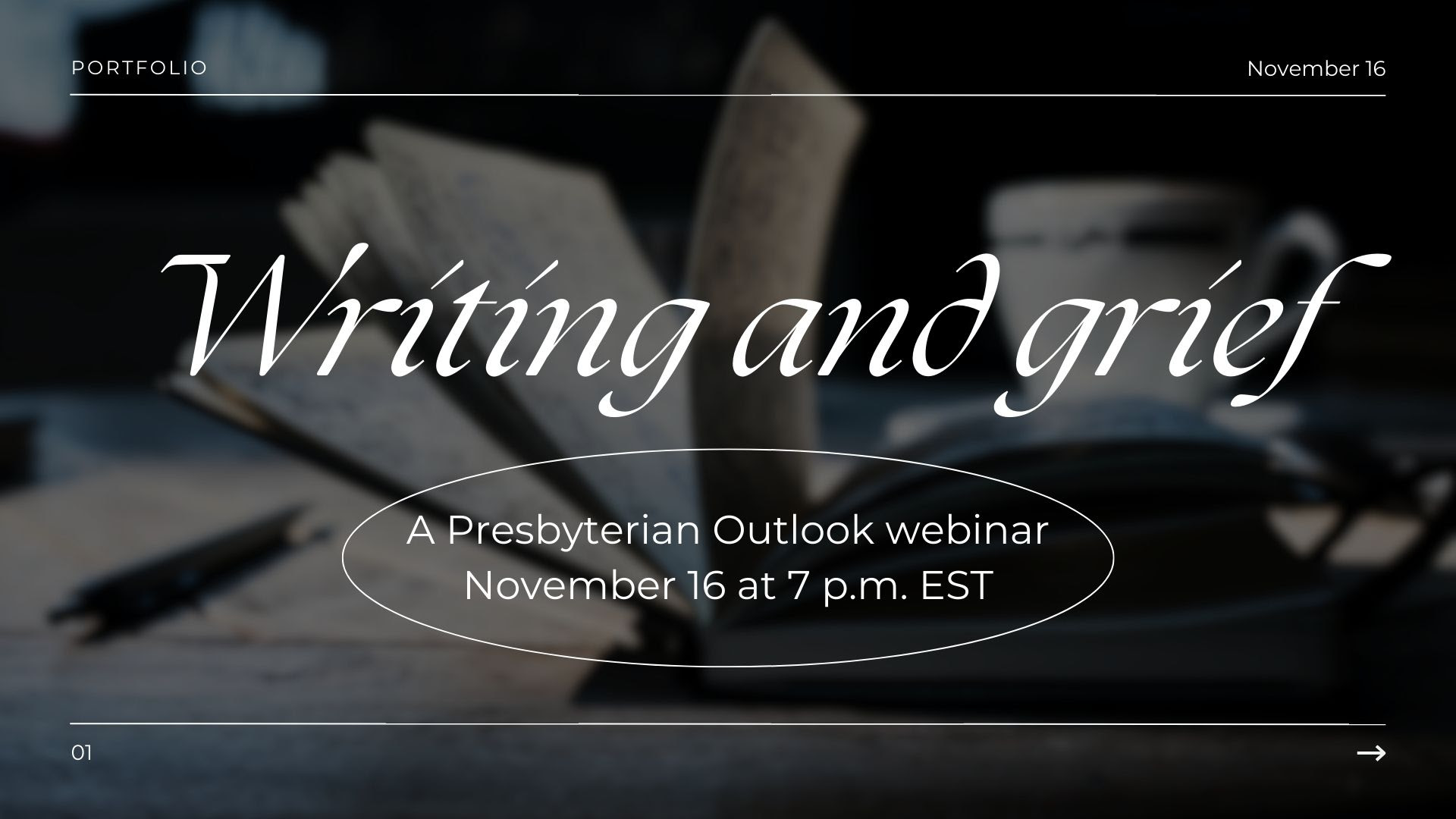Jesus’ parable (is it even a parable?) of the sheep and the goats is one of the most profound and beloved stories in all of Scripture. And yet, it is so familiar that it runs the risk of becoming cliché. What could a preacher or teacher possibly say that could add insight, wisdom or relevance to the story of the sheep and the goats? Clearly, it’s a story about ethics. Social Justice 101. On Judgment Day, Christ does not care about our belief systems, our personal devotional practices or our myriad of good intentions. At the last, what concerns our Lord and Savior is how we treat one another, particularly the most vulnerable among us. It’s also a story about Christology, who Jesus is and where he is present in the world. Jesus identifies himself with “the least of these my siblings” (v. 40). Word to the wise: We are more likely to encounter our risen Lord among paupers than princes. Both of those are good interpretations with plenty of fodder for a sermon or lesson. But here’s what caught my eye this readthrough: Matthew presents this text as a story about salvation. At the end of the story, the sheep enter eternal life and the goats eternal punishment. Somehow, this story about where Christ is present and how we are to live has lasting implications for how everything ends. In recent years, I have become a bit of a devotee of professor, author and podcaster Kate Bowler. In “Understanding Today’s Teenagers,” an episode of her “Everything Happens” podcast released in September, Bowler interviews psychologist Lisa Damour about parenting teenagers in a time when mental health and emotional well-being are increasingly difficult for teenagers and parents alike to sustain and navigate. About halfway through the interview, their conversation touches on the popular truism that self-care is the first line of defense against mental distress. Damour’s response to this idea is at once both self-evident and groundbreaking: Damour: “Self-care … is very focused on the self. If we want to feel better, often that’s actually about thinking about what other people need and caring for others … making oneself of use. Not to some torturous extreme, not martyrdom. But there is a real limit on how much self-care can help us…” Bowler: “…So often we [focus] on boundaries around ourselves … But you say actually it’s being attuned with other people?” Could that be true? Does our salvation – our well-being, our wholeness – depend on connection rather than boundaries? On allowing ourselves to be more permeable? ... Read the rest of the commentary on the website. Thank you to this week's writer Ginna Bairby. | 










No comments:
Post a Comment